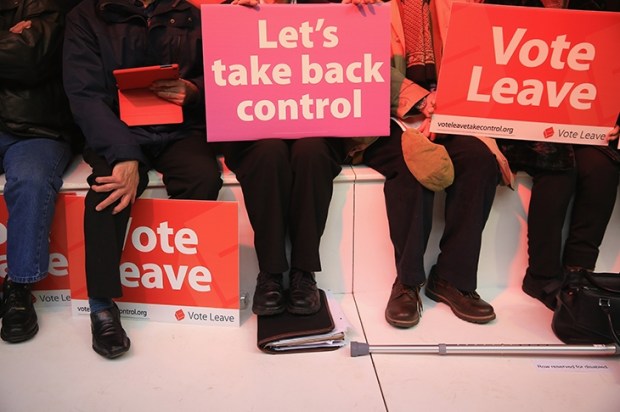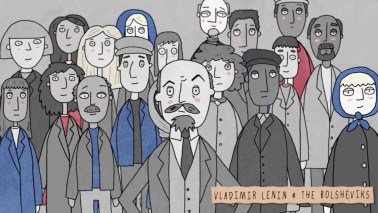I am one of those annoying, mildly claustrophobic people who sit at the end of a row in cinemas. There are plenty of things in life — films, plays, social events — which I can only fully enjoy knowing I can make a sharp exit at any time. It’s not that I leave: I just like to know I can. My idea of hell is a party on a boat.
So I am rather enamoured with the new mobile-phone app Qkr, which lets you pay with your phone in some restaurants without waiting for the bill. It’s the honest man’s version of ‘doing a runner’. You check in on your phone, give a four-digit code to the waiter or waitress, and then you are free to order extra items and settle up on your screen. This creates a perfect ‘third way’ between a restaurant and a fast-food outlet.
The credit card is the greatest consumerist mind hack ever invented
(The only slight downside of this technology is that my children ingeniously discovered that I now no longer need to be physically present in Wagamama to pay for their food. I recently paid for a mini chicken ramen in Sevenoaks from a hotel room in Athens, thereby fulfilling the teenager’s fantasy of the perfect dad — someone who pays for things while being as far away as possible.)
I have long believed that new payment technologies have much more effect on people’s economic behaviour than we expect. In many ways the credit card is the greatest consumerist mind-hack ever invented (if I had to pay for my holidays in cash, I would go to Pontins every year — in February). What you buy is surprisingly dependent on how you pay for it.









Comments
Join the debate for just £1 a month
Be part of the conversation with other Spectator readers by getting your first three months for £3.
UNLOCK ACCESS Just £1 a monthAlready a subscriber? Log in